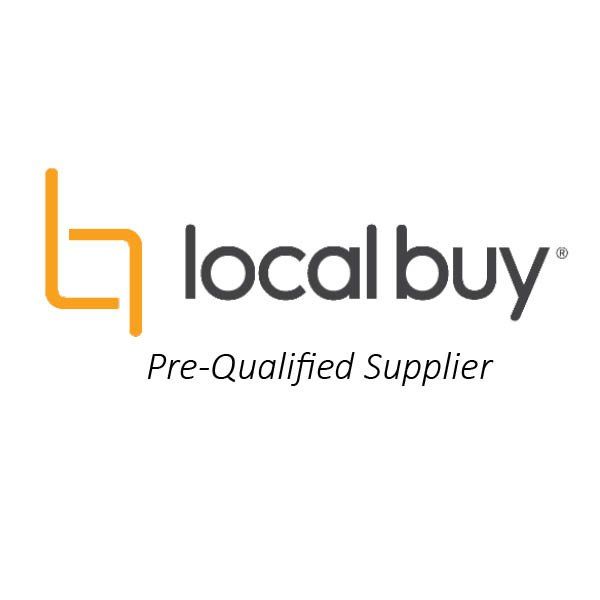Small business energy incentive

The federal government has announced a small business energy incentive in the 2023-24 Federal Budget. This allows a small business a 20% bonus deduction for expenditure that supports electrification and the more efficient use of energy. The additional deduction will be capped at $20,000 (20% of $100,000).
Eligible expenditure
To be eligible for the bonus deduction the expenditure must be eligible for a deduction under another provision of the tax law and must be first used or installed ready for use (or the improvement cost incurred) between 1 July 2023 and 30 June 2024.
Depreciating assets
The eligible expenditure includes a range of depreciating assets and upgrades to existing assets, including upgrades to more efficient electrical goods.
Depreciating assets which use electricity instead of fossil fuel; use electricity more efficiently or facilitate energy storage, efficiency or demand management may qualify for the bonus deduction.
Improvements
Asset improvements which allow an asset to use only electricity, be more energy efficient or allow for energy use to be monitored, reduced at specific times, or confined to specific times may qualify for a bonus deduction.
Exclusions
Certain exclusions will apply, such as:
• assets which can use a fossil fuel
• assets which have the sole or predominant purpose of generating electricity (such as solar panels)
• capital works
• motor vehicles (including hybrid and electric vehicles) and expenditure on motor vehicles
• assets and expenditure on an asset where expenditure on the asset is allocated to a software development pool; and
• financing costs, including interest, payments in the nature of interest and expenses of borrowing
Electric and hybrid vehicles may be eligible for other tax incentives such as the FBT exemption (conditions apply).
Claiming the bonus deduction
For depreciating assets first used or installed during the 2023–24 income year, businesses must claim the bonus deduction in the 2023–24 income year. For improvements made to existing assets, entities must claim the bonus deduction in the income year in which the improvement cost is incurred.
Early and late balancers may claim the bonus deduction across more than one income year, provided the eligible asset was first used or installed, or the improvement cost was incurred, during the bonus period.
Any expenditure incurred in excess of the $100,000 cap may still be eligible for other tax deductions under small business depreciation rules.
This measure is currently in the exposure draft stage. We will keep you posted.
Please feel free to contact our office if you need more information about this tax incentive.

















